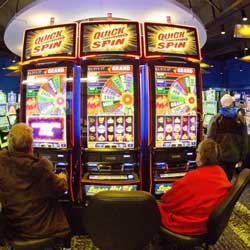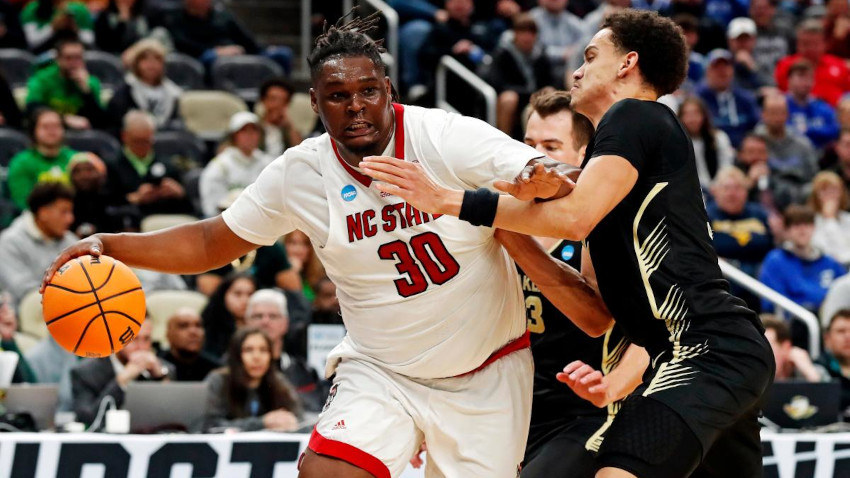Nebraska Voters Decide on Casino Gambling Legalization

Nebraska residents will vote on the fate of casino gambling legalization in the state. Thus, there will be three casino gambling initiatives on the ballot, which are Initiative 429, 430, and 431. Initiative 429 would amend the constitution to allow casino games at horse tracks.
Initiative 430 will create a gaming commission in the state. Lastly, Initiative 431 breaks down the gaming tax revenue. According to the last initiative, casino gambling would have a tax rate of 20 percent. Also, 70 percent of the tax will fund property tax relief.
Lincoln Racecourse CEO Mike Newlin said that casino gambling would provide new revenue to benefit property tax relief. According to the Iowa Racing and Gaming Commission, the state collected around $325 million in taxes from casinos in 2019. Nebraska can earn an additional $93 million from six casinos at licensed horse tracks if voters approve the initiatives.
Casino Gambling Legalization in Nebraska
 Supporters of the legalization of casino gambling said that property owners would be happy not to have taxes go up. However, opponents of casino gambling said that casinos would not lower taxes. Also, casinos would create additional social costs that are paid by taxpayers.
Supporters of the legalization of casino gambling said that property owners would be happy not to have taxes go up. However, opponents of casino gambling said that casinos would not lower taxes. Also, casinos would create additional social costs that are paid by taxpayers.
Based on bookie software reports, more than $6 billion was used to prevent compulsive gambling in the US. The American Gaming Association collected around $41 billion of revenue from casinos in 2018 alone.
According to gambling software experts, problem gambling can be prevented through responsible gaming. Governments should commend casinos that promote responsible gaming. However, opponents of casino legalization said that casinos exploit the vulnerable and the poor.
Based on bookie pay per head sources, 74 percent of the population of Iowa gambled in 2018. Sixty percent were not at risk, and only 14 percent were at risk. Most at-risk players are either have low income, low education levels, or unmarried.



